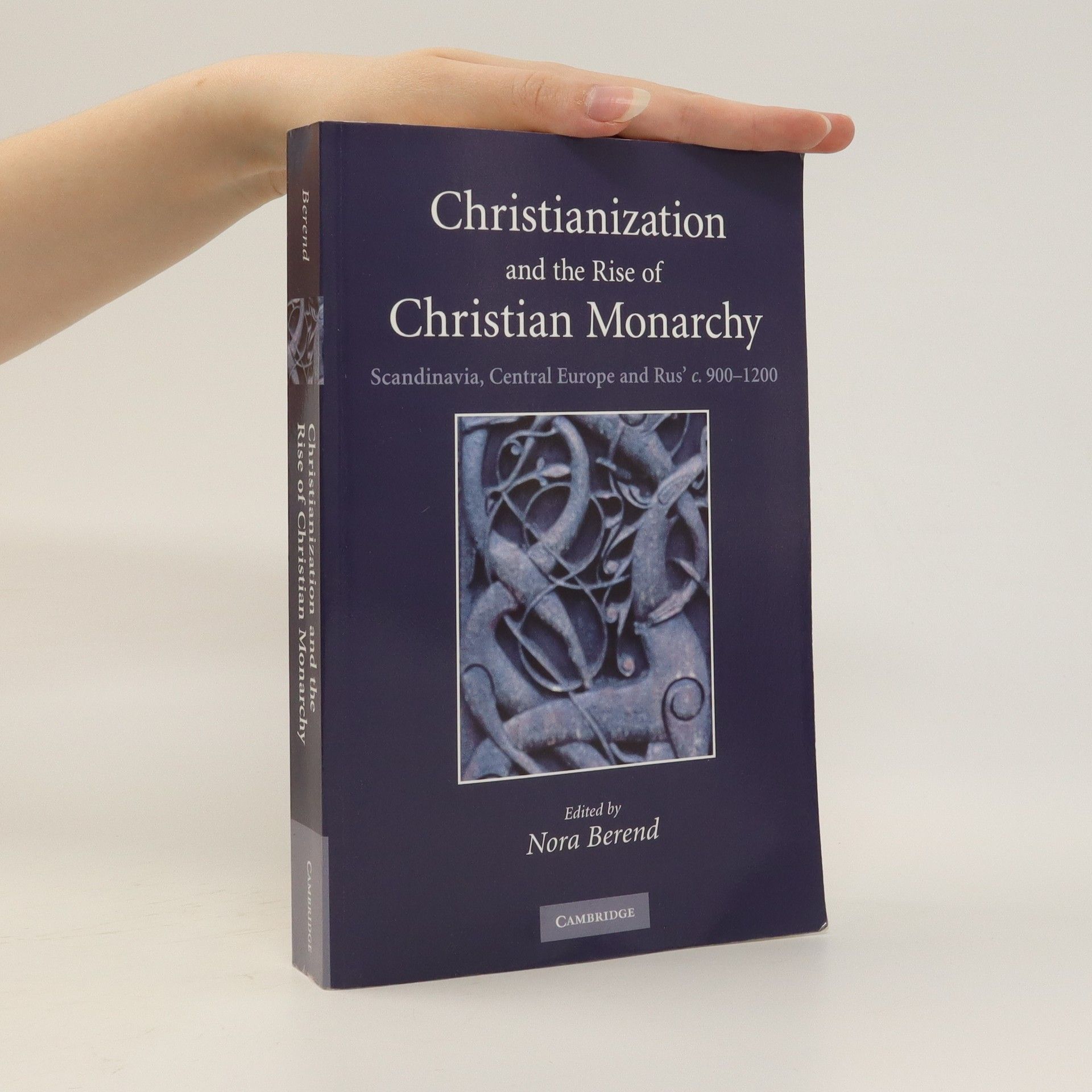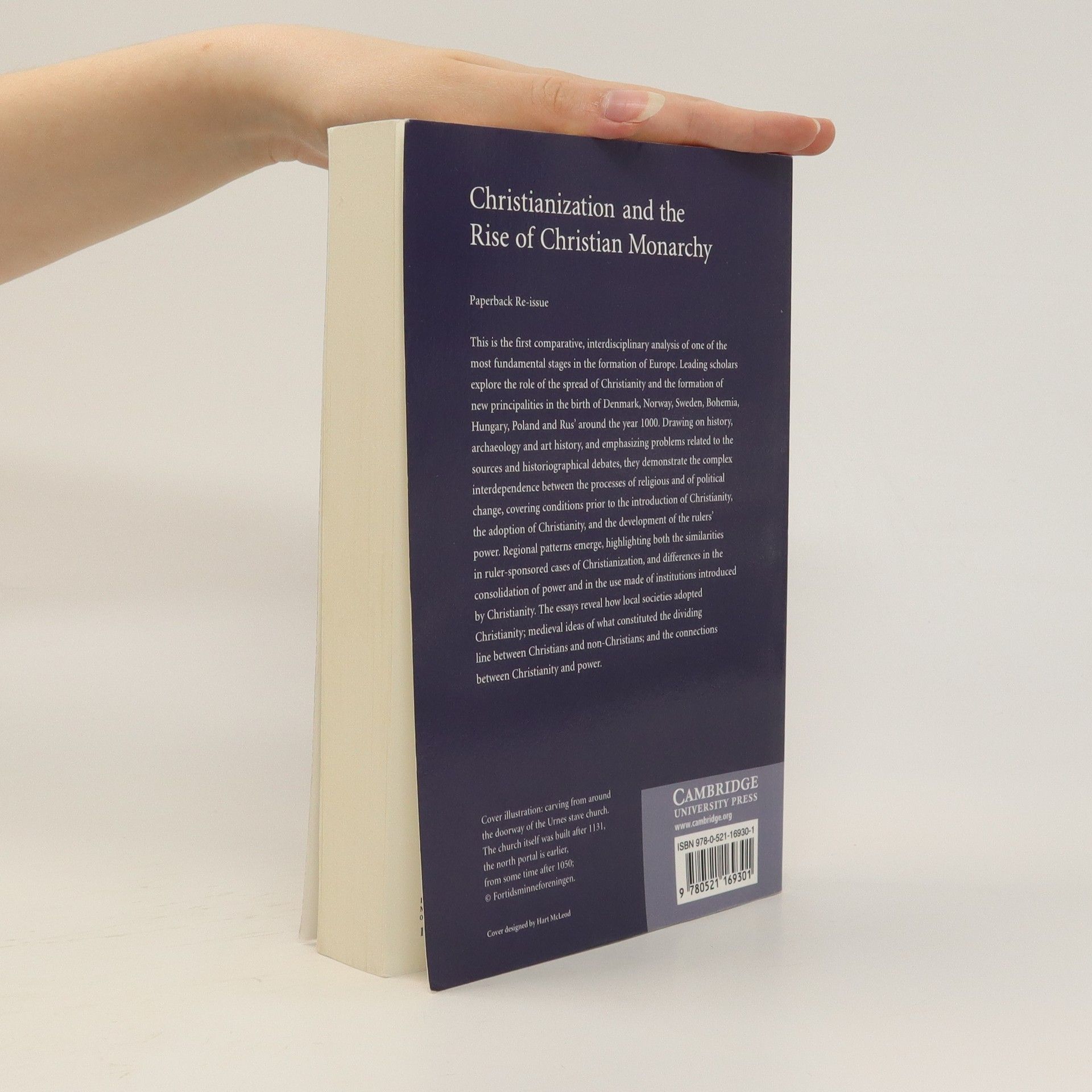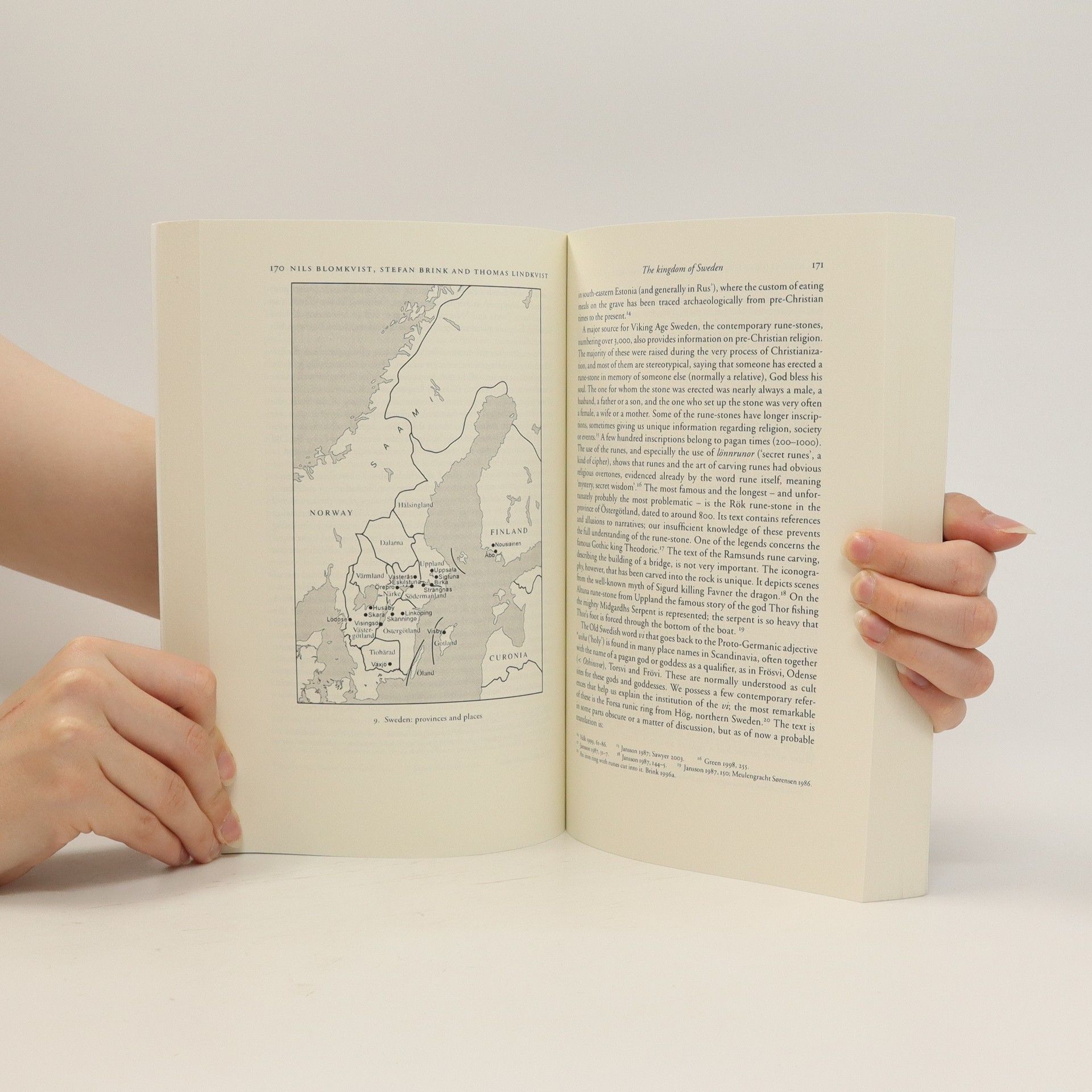Christianization and the Rise of Christian Monarchy
Autori
Parametre
Kategórie
Viac o knihe
This 2007 text is a comparative, analysis of one of the most fundamental stages in the formation of Europe. Leading scholars explore the role of the spread of Christianity and the formation of new principalities in the birth of Denmark, Norway, Sweden, Bohemia, Hungary, Poland and Rus' around the year 1000. Drawing on history, archaeology and art history, and emphasizing problems related to the sources and historiographical debates, they demonstrate the complex interdependence between the processes of religious and political change, covering conditions prior to the introduction of Christianity, the adoption of Christianity, and the development of the rulers' power. Regional patterns emerge, highlighting both the similarities in ruler-sponsored cases of Christianization, and differences in the consolidation of power and in institutions introduced by Christianity. The essays reveal how local societies adopted Christianity; medieval ideas of what constituted the dividing line between Christians and non-Christians; and the connections between Christianity and power.
Nákup knihy
Christianization and the Rise of Christian Monarchy, Nora Berend
- Jazyk
- Rok vydania
- 2007
Doručenie
Platobné metódy
2021 2022 2023
Navrhnúť zmenu
- Titul
- Christianization and the Rise of Christian Monarchy
- Jazyk
- anglicky
- Autori
- Nora Berend
- Vydavateľ
- Cambridge University Press
- Rok vydania
- 2007
- Väzba
- mäkká
- ISBN10
- 0521169305
- ISBN13
- 9780521169301
- Kategórie
- Skriptá a vysokoškolské učebnice
- Anotácia
- This 2007 text is a comparative, analysis of one of the most fundamental stages in the formation of Europe. Leading scholars explore the role of the spread of Christianity and the formation of new principalities in the birth of Denmark, Norway, Sweden, Bohemia, Hungary, Poland and Rus' around the year 1000. Drawing on history, archaeology and art history, and emphasizing problems related to the sources and historiographical debates, they demonstrate the complex interdependence between the processes of religious and political change, covering conditions prior to the introduction of Christianity, the adoption of Christianity, and the development of the rulers' power. Regional patterns emerge, highlighting both the similarities in ruler-sponsored cases of Christianization, and differences in the consolidation of power and in institutions introduced by Christianity. The essays reveal how local societies adopted Christianity; medieval ideas of what constituted the dividing line between Christians and non-Christians; and the connections between Christianity and power.


